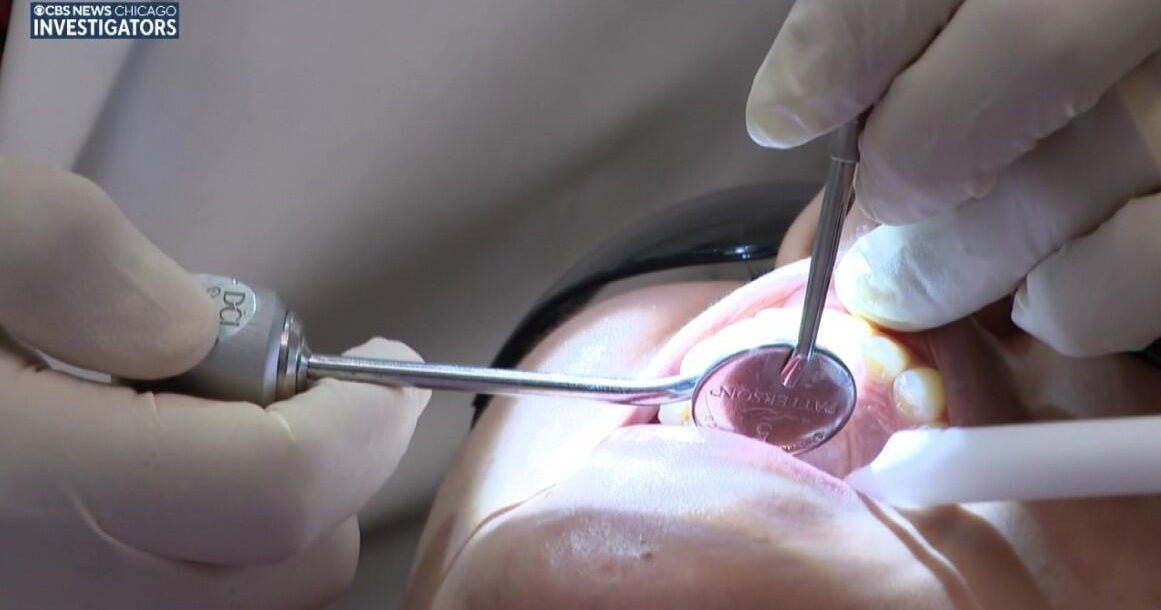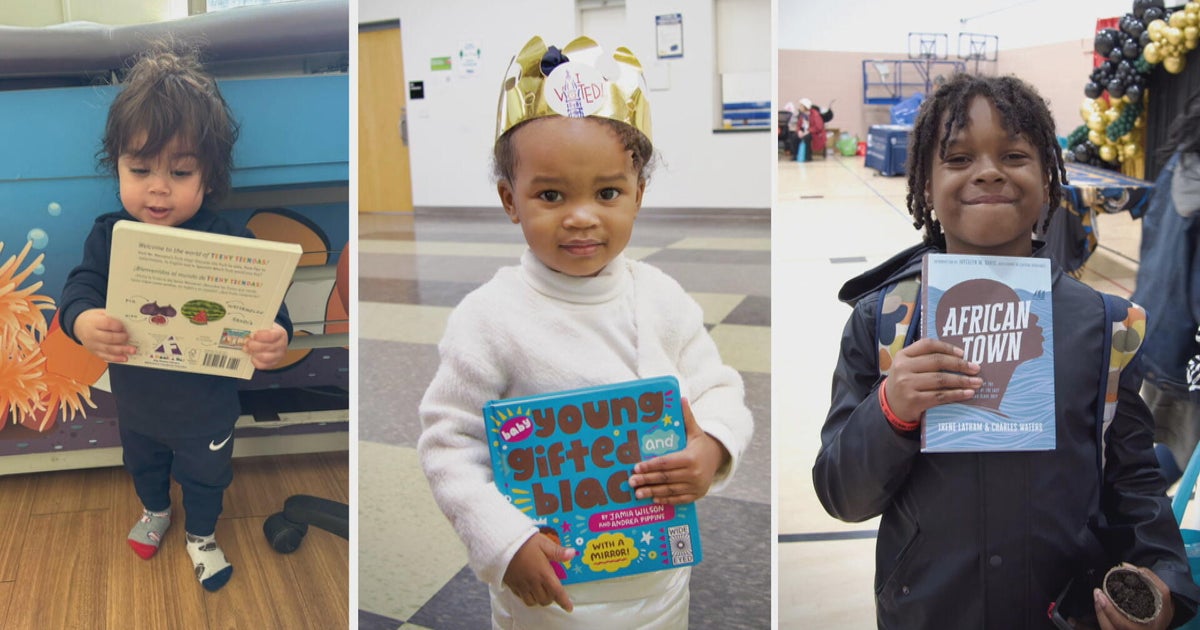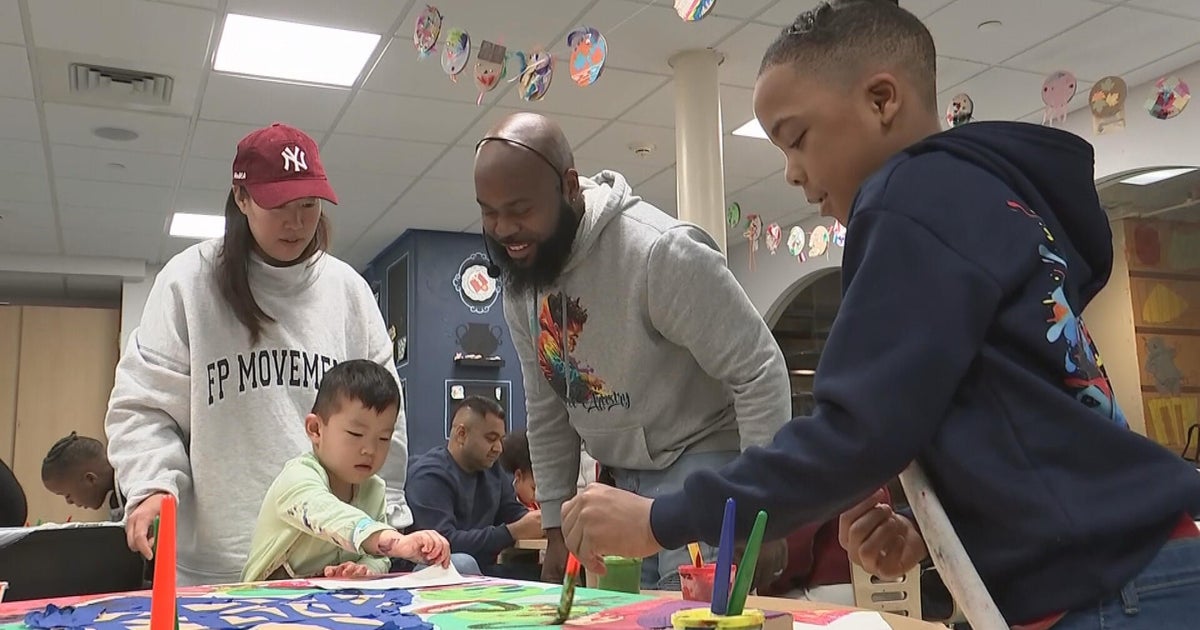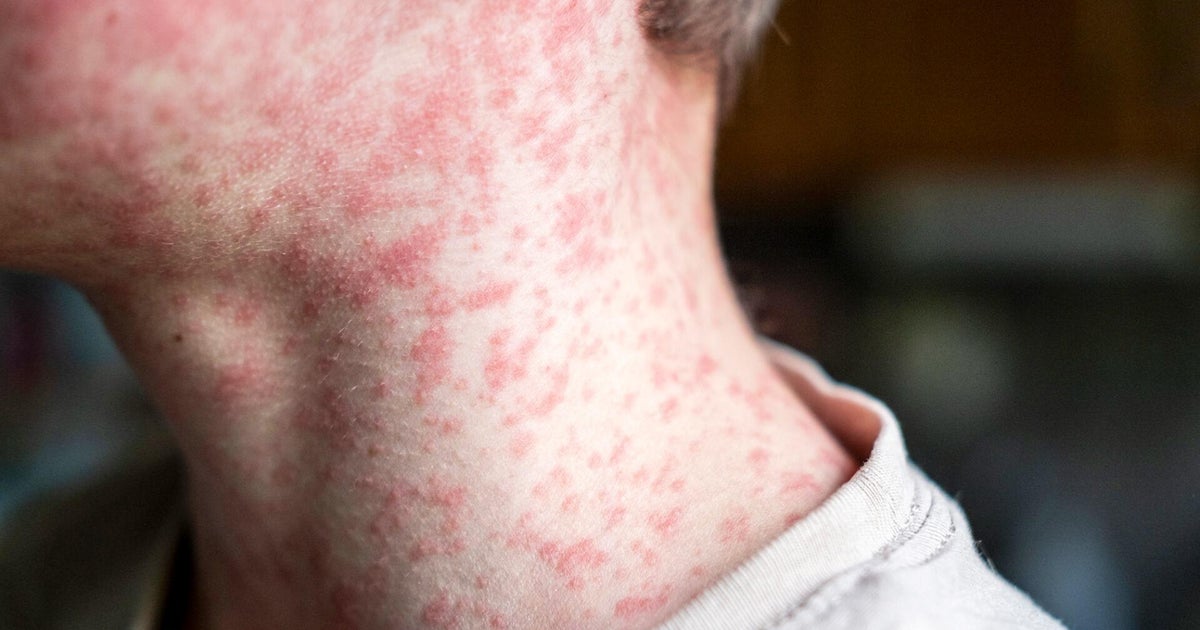Snoring Kids May Have More Behavioral Issues
NEW YORK (CBS NEWS) - Snoring in children may be more than a noise problem. It may lead to behavioral problems.
A study that looked at young children with persistent and loud snoring showed that those who snored loudly at least twice a week at the ages of 2 and 3 had more behavioral problems than children who didn't snore or those who snored at 2 or 3 but not through both ages.
"The strongest predictors of persistent snoring were lower socioeconomic status and the absence or shorter duration of breastfeeding," lead author Dr. Dean Beebe, director of the neuropsychology program at Cincinnati Children's Hospital Medical Center, said in the press release. "This would suggest that doctors routinely screen for and track snoring, especially in children from poorer families, and refer loudly-snoring children for follow-up care. Failing to screen, or taking a 'wait and see' approach on snoring, could make preschool behavior problems worse."
Nationally, snoring affects one in 10 children. Snoring occurs when breathing is blocked while sleeping and may indicate more serious health problems like sleep apnea, according to the Mayo Clinic.
For the study, published online in the August 13 issue of Pediatrics, researchers looked at 249 children and surveyed their mothers about their children's sleep and behavioral patterns.
Out of the subjects, 170 were non-snorers, and 57 of the children snored twice a week when they were 2 or 3. Twenty-two of the kids -- about nine percent -- snored more than twice a week when they were 2 and kept up the snoring through when they were 3. The snorers were more likely to have been exposed to environmental tobacco smoke prenatally and into childhood, and were more likely to be black and from a family with a lower socioeconomic status.
The consistent snorers were found to be more likely to have behavioral issues, including hyperactivity, depression and inattention. Thirty-five percent of the kids who snored at 2 and 3 were "at risk" of behavioral problems and worse, compared to 10 percent in the non-snoring groups and 12 percent in the kids who had snored at 2 or 3.
Click Here To Read More From CBS News
Also Check Out:







